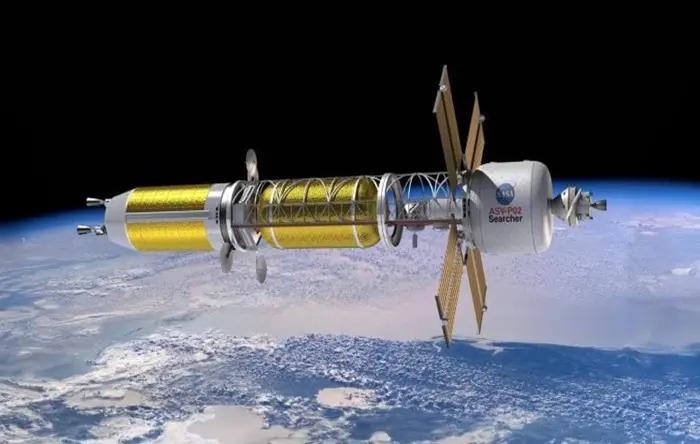NASA, in collaboration with DARPA, is advancing nuclear thermal propulsion (NTP) technology to enable faster crewed missions to Mars, potentially reducing travel time by half through the use of nuclear fission.
Set for a prototype demonstration in 2027, this technology not only promises to revolutionize space exploration but could also be adapted for defense space platforms. Ongoing research is focused on improving propulsion efficiency and safety, critical factors for the ambitious mission to reach Mars.
NASA plans to send crewed missions to the red planet within the next decade. Currently, the journey spans approximately 140 million miles (225 million kilometers), with conventional chemical rocket fuel requiring several months to years for a round trip.
To address this lengthy travel period, NASA is investigating nuclear thermal propulsion as an alternative. This cutting-edge technology harnesses the power of nuclear fission, potentially powering rockets that could significantly shorten the journey to Mars.
Related Topics:
How to Get to Dundee from London
How to Get to Bruges from London
What is Kingston upon Thames Famous For

